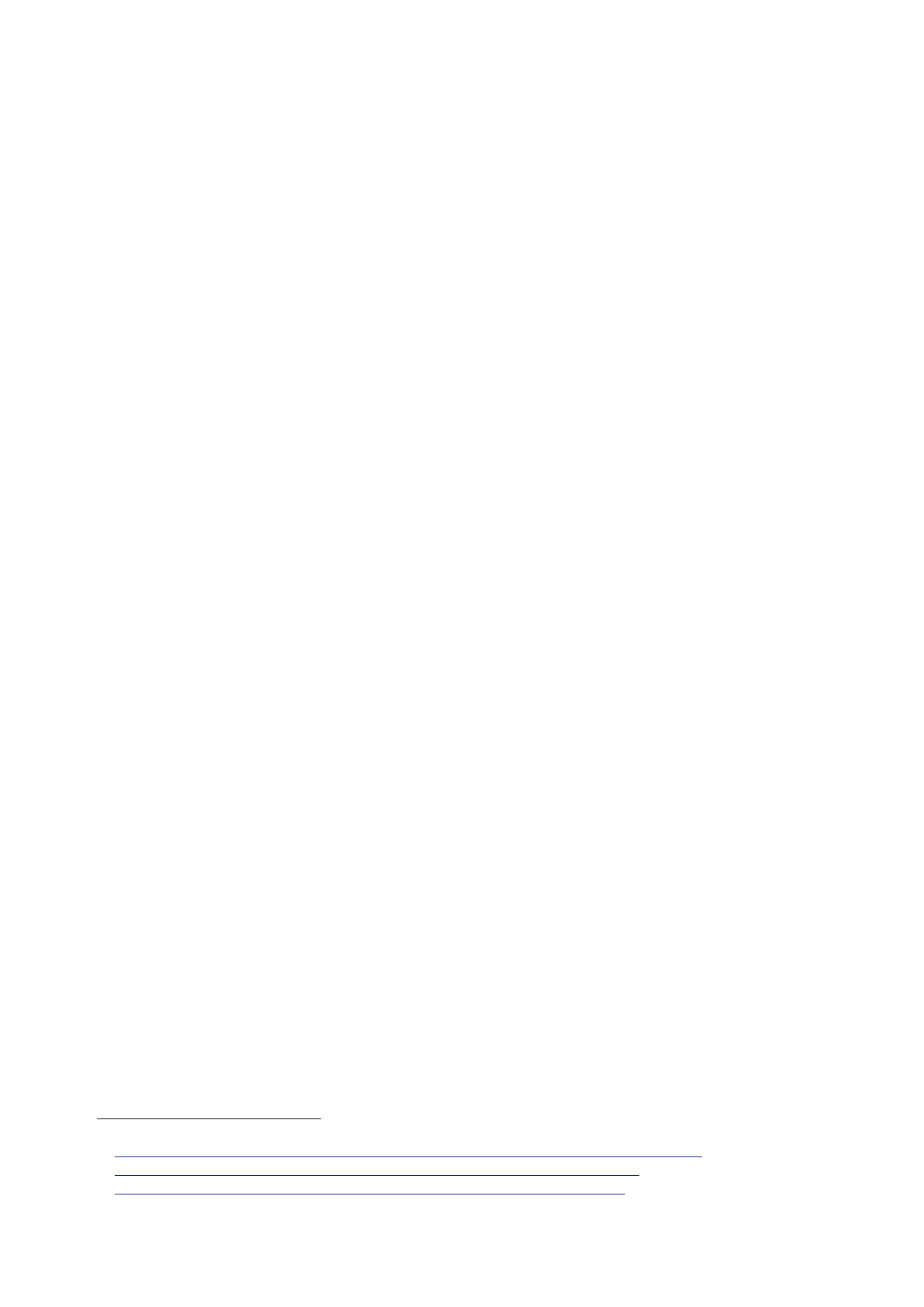
Executive
Summary
from a
foreign supplier. There was no evidence that Iraq had tried to
acquire
fissile
material and other components or – were it able to do so – that it
had the
technical
capabilities to turn these materials into a usable
weapon.
•
JIC
Assessments had identified the possible stocks of chemical and
biological
weapons
which would largely have been for short‑range, battlefield use by
the
Iraqi armed
forces. The JIC had also judged in the September dossier that
Iraq
was
producing chemical and biological agents and that there were
development
programmes
for longer‑range missiles capable of delivering them.
•
Iraq’s
proscribed Al Samoud 2 missiles were being destroyed.
311.
The UK
Government did have significant concerns about the potential risks
of all
types of
weapons of mass destruction being obtained by Islamist extremists
(in particular
Al Qaida)
who would be prepared to use such weapons.
312.
Saddam
Hussein’s regime had the potential to proliferate material and
know‑how,
to
terrorist groups, but it was not judged likely to do
so.
313.
On 28 November
2001, the JIC assessed that:
•
Saddam
Hussein had “refused to permit any Al Qaida presence in
Iraq”.
•
Evidence of
contact between Iraq and Usama Bin Laden (UBL) was
“fragmentary
and uncorroborated”; including that Iraq had been in
contact
with Al Qaida
for exploratory discussions on toxic materials in late
1988.
•
“With
common enemies ... there was clearly scope for
collaboration.”
•
There was
“no evidence that these contacts led to practical
co‑operation;
we judge
it unlikely ... There is no evidence UBL’s organisation has
ever
had a presence
in Iraq.”
•
Practical
co‑operation between Iraq and Al Qaida was “unlikely
because
of mutual
mistrust”.
•
There was
“no credible evidence of covert transfers of WMD‑related
technology
and
expertise to terrorist groups”.145
314.
On 29 January
2003, the JIC assessed that, despite the presence of terrorists
in
Iraq “with
links to Al Qaida”, there was “no intelligence of current
co‑operation between
315.
On 10 February
2003, the JIC judged that Al Qaida would “not carry out
attacks
under Iraqi
direction”.147
145
JIC
Assessment, 28 November 2001, ‘Iraq after September 11 – The
Terrorist Threat’.
146
JIC
Assessment, 29 January 2003, ‘Iraq: The Emerging view from
Baghdad’.
147
JIC
Assessment, 10 February 2003, ‘International Terrorism: War with
Iraq’
43
